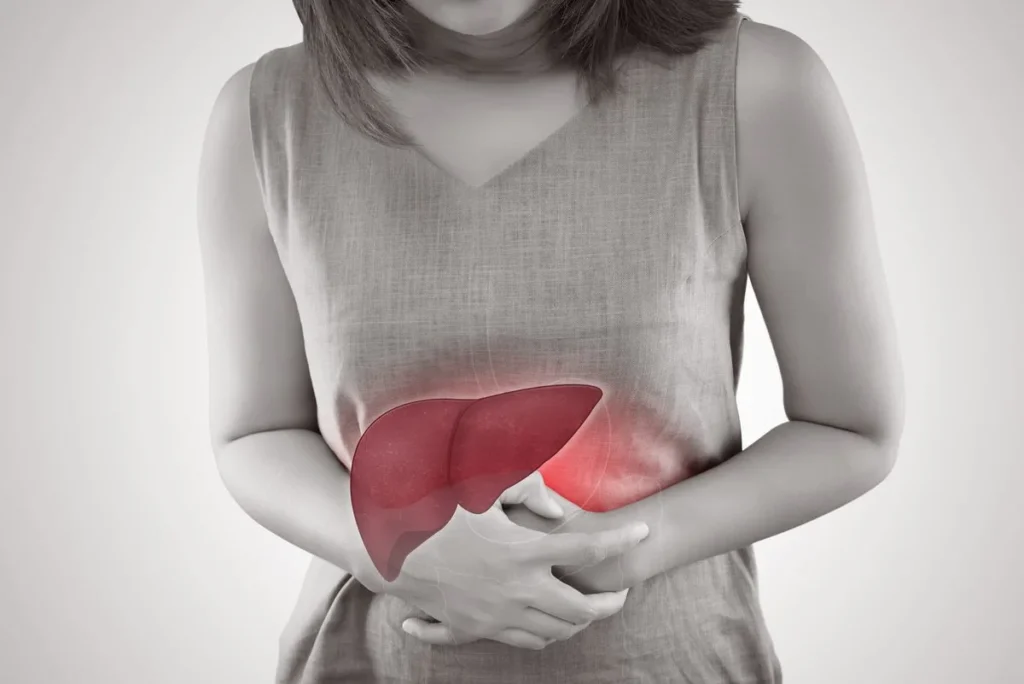The liver is one of the most important organs in the body, responsible for a wide range of functions including filtering toxins, producing bile for digestion, regulating blood sugar levels, and storing important vitamins and minerals. When the liver is not functioning properly, it can have serious consequences for your overall health. In this article, we’ll explore some of the signs of poor liver function, and what you can do to support your liver health.
Common Signs of Poor Liver Function
The liver is a highly resilient organ, and it can often compensate for mild damage or stress. However, when liver damage becomes severe or chronic, it can lead to a range of symptoms and health problems. Some of the most common signs of poor liver function include:
Fatigue
The liver plays a crucial role in producing energy for the body, by converting nutrients from food into glucose, which is then stored in the liver as glycogen. When the liver is not functioning properly, this process can be disrupted, leading to feelings of fatigue and weakness.
Digestive Issues
The liver produces bile, a fluid that helps to break down fats in the small intestine. When the liver is not functioning properly, it can lead to digestive issues such as bloating, constipation, and diarrhea.
Jaundice
Jaundice is a condition where the skin and eyes become yellow due to a buildup of bilirubin, a waste product produced by the liver. This can occur when the liver is not able to filter bilirubin from the blood properly.
Abdominal Pain
Liver damage can cause pain in the upper right side of the abdomen, where the liver is located. This pain can range from a dull ache to a sharp stabbing sensation.
Skin Changes
When the liver is not functioning properly, it can lead to changes in the skin such as redness, itching, or darkening.
Supporting Liver Health
If you are experiencing any of the signs of poor liver function, it is important to take steps to support your liver health. Here are some tips to get started:
Eat a Healthy Diet
A healthy diet is one of the best things you can do to support your liver health. Focus on eating a diet rich in fruits, vegetables, whole grains, and lean protein sources. Avoid processed foods, sugary drinks, and excessive alcohol consumption, which can all contribute to liver damage.
Stay Hydrated
Drinking plenty of water can help to flush toxins out of the liver, and keep it functioning properly. Aim for at least 8 glasses of water a day.
Exercise Regularly
Regular exercise can help to improve liver function, by reducing inflammation and supporting healthy blood flow. Aim for at least 30 minutes of moderate exercise, such as brisk walking or cycling, most days of the week.
Consider Intermittent Fasting
Intermittent fasting is a dietary approach where you alternate periods of fasting with periods of eating. This can help to support liver health by reducing inflammation and improving insulin sensitivity.
Avoid Toxic Substances
Toxic substances such as tobacco smoke, environmental pollutants, and excessive alcohol consumption can all contribute to liver damage. Avoid exposure to these substances as much as possible.
Conclusion
The liver plays a crucial role in maintaining overall health, and poor liver function can have serious consequences. If you are experiencing any of the signs of poor liver function, it is important to take steps to support your liver health. By eating a healthy diet, staying hydrated, exercising regularly, and avoiding toxic substances, you can help to keep your liver functioning properly and reduce your risk of liver disease.


